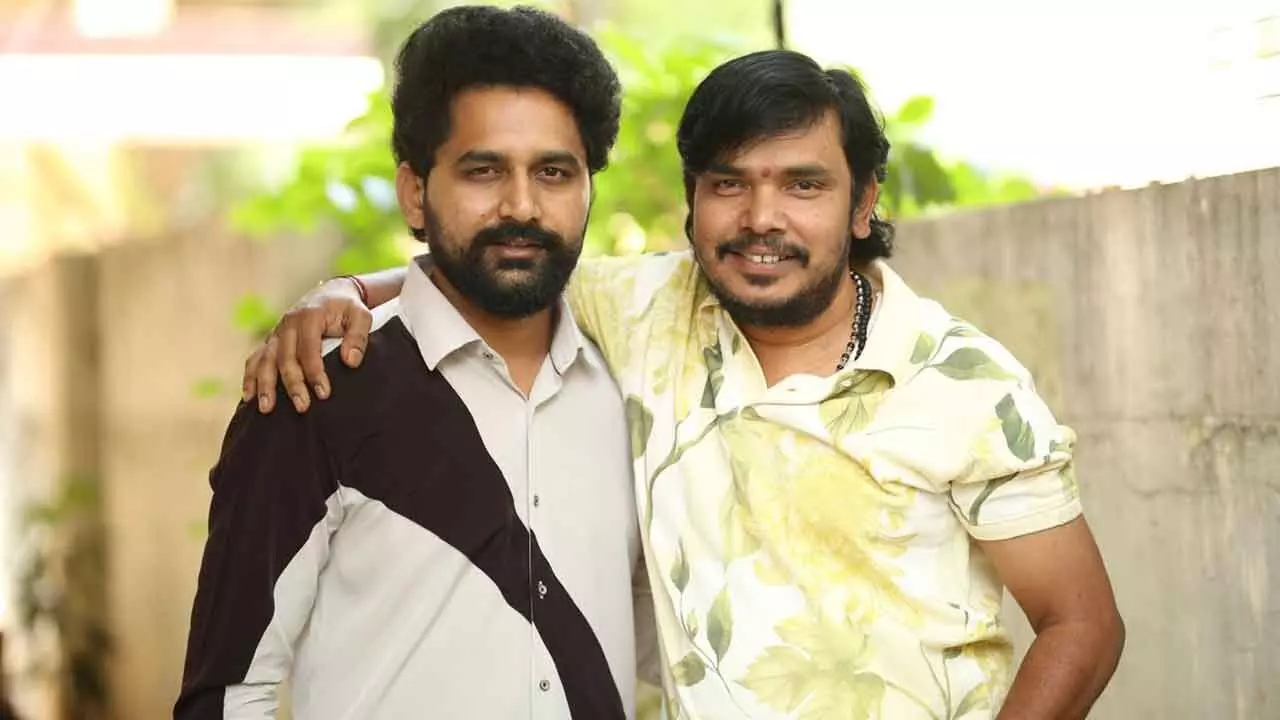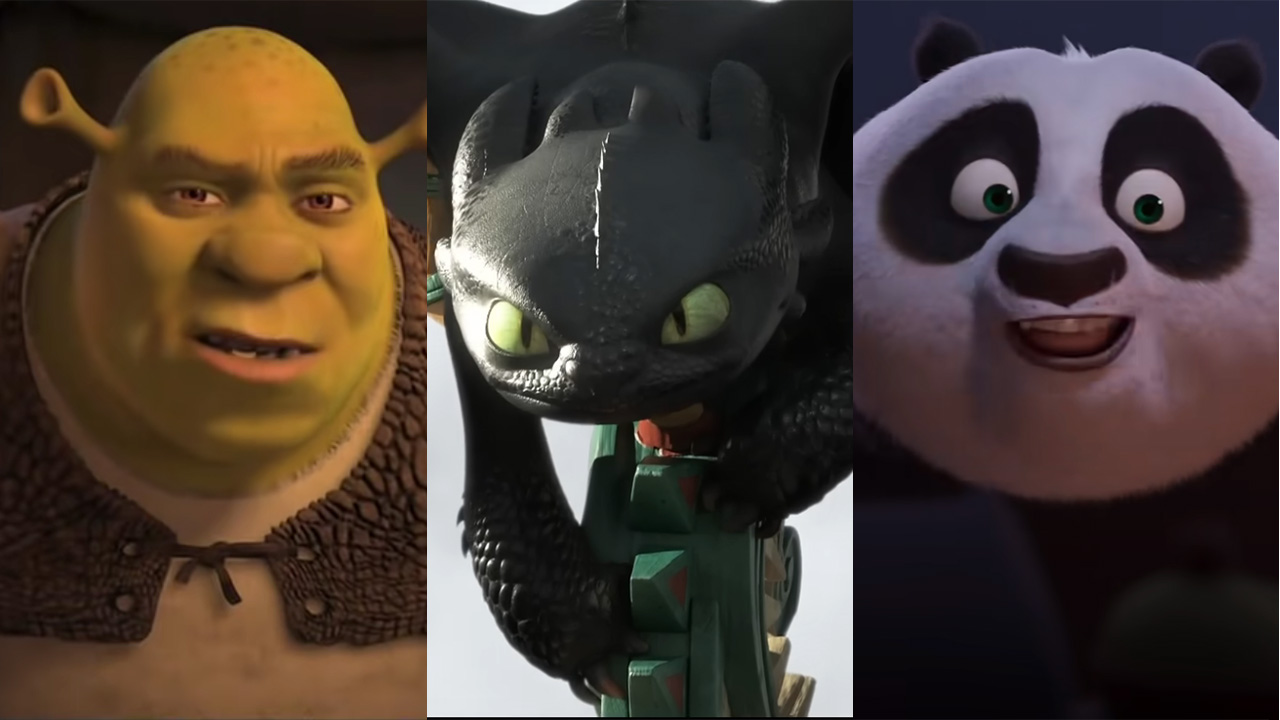Some years ago, Monica Liu made me give her quite the chase in Chinatown, Kolkata. Agreeing to an interview, she called me over to sit in her restaurant while she got ready. Within minutes, she had hopped onto a scooter, saying she would be back after getting some travel documents, and turned up after three hours.
By the early 2000s, Liu had emerged as Chinatown’s most well-known businesswoman, feted and snarked at in whispers. Word was she was a person with clout who knew the good guys and the bad—and was friends with both. The latter bit of information was probably idle gossip, though it was around that time she began to be called the ‘Don of Tangra’ –a title she seemed to like.

If you did not bring it up, she would. “Some para dadas (local goons) began to harass me when my restaurant opened. They wanted food for free.
I gave them a beating,” she had told me with a cackle.An enigmatic figure and certainly one of the most prominent faces of the Chinese community in Kolkata, Liu’s life is now the subject of a 124-page book, Calcutta Chinese—a biography of Monica Liu (Raunaq Publication). Written by journalist Showli Chakraborty and launched at the International Kolkata Book Fair this year, it is, however, more than a biography and is a view of the Chinese community that has made Kolkata home for over a century--as Liu has seen it.
On the panel of her launch moderated by veteran journalist Monideepa Banerjee, sat Kolkata’s crème de la crème Oindrilla Dutt, Jael Silliman, Dr Rupali Basu, Rita Bhimani and Moonmoon Sen.The spotlight on Liu shows how far she has come, and also the fact that her life and journey through the kitchen have made her enough of a role model. She is now not just another Kolkata Chinese with a noodle shop but a bona fide entrepreneur from Kolkata.
The Liu lore goes like this – in the ’90s, she cooked for the then-chief minister, the late Jyoti Basu, at his home after his return from China. In 2012, the Financial Times hosted a lunch for Writer Amitav Ghosh at Liu’s flagship restaurant, 'Beijing'. The opium trade, linguistic adjustments made by men who had met at sea, and other such topics that had featured in his Ibis trilogy, were discussed over beer and steamed bhetki, with Liu closely monitoring the lunch.
In 2018, Liu faced former India cricket captain—and later BCCI president— Sourav Ganguly in the popular Bengali television game-show, Dadagiri. In 2003, the Calcutta Club honoured her as the Woman Entrepreneur of the Year.Liu employs over 200 people and owns restaurants all over Kolkata, not just in Chinatown.
They are Kim Ling and Beijing in Tangra, Park Street’s Tung Fong, Mandarin on Sarat Bose Road and on Lake Avenue. In heels, a wavy bob, and with thinly pencilled eyebrows, Liu has, over the years, been public-facing, as much as is possible in a community that generally does not open up those from outside the community. And with good reason.
An enigmatic figure and certainly one of the most prominent faces of the Chinese community in Kolkata, Liu’s life is now the subject of a 124-page book, 'Calcutta Chinese'.The Indo-China WarIn the late 18th century, Kolkata was the transit point to ‘everywhere else’. The Chinese, who came to Kolkata, were refugees of civil wars; many landed here in between the two world wars.
The Hubeis, who were “teeth-setters”, became dentists. The Cantonese, traditionally ship-fitters, had, by the late ’50s, become carpenters. The Hakkas were into leather manufacturing.
Life came to a standstill with the outbreak of the Indo-China war in 1962. Families were uprooted; it was a time of great trauma, and it explains the ‘wall of silence’ the community still maintains. Hundreds of Chinese were despatched to and held in camps in Rajasthan on mere suspicion of being ‘Chinese agents’.
Monica Liu and her family were picked up and sent to a prison camp and were released without compensation or apology after many years.Since then, Liu, as she had told me during the interview, could “never touch a potato or a gourd..
.. Even the smell of their cooking scares me.
They were a staple in my prison camp.”Making a life and other disruptionsThe Kolkata Chinese share a cordial relationship with other communities, such as the Anglo-Indians, for example, which inhabit the outer reaches of Bengali society. Many Chinese in Kolkata, and India, are Christians.
Children of both communities study in the same schools, they meet in church, and socialise. When Waldorf, the famous Kolkata Chinese restaurant on Park Street, changed hands in the ’90s, the ownership went to the Mantoshes, an Anglo-Indian family.Then came 2002, yet another watershed moment for the Kolkata Chinese.
In that year, thanks to the Supreme Court ultimatum to the Chinese-owned tanneries to shift out of Tangra, the Hakka Chinese centre of the area nearly emptied. Those who did not or could not leave Kolkata—the Chinese community is spread across Mumbai and Delhi, though Kolkata is the only city with two Chinatowns, one in Tangra and the other in central Kolkata—turned their godowns into restaurants. This is where the Indianisation of Chinese restaurants began.
Boss ladyLiu, a Hakka housewife, became a success story on a simple gameplan—in her restaurants she has always cooked ‘authentic Chinese’ but did not challenge established tastes—mainly of the Bengalis—too much. In her restaurants, the Chinese food is spicy. Liu always keeps a chilli-garlic gravy handy as it is popular with the local clientele.
If customers want chicken dry or with gravy, she puts in some gravy or holds it back, depending on the demand.Till the ’70s, Bengali boys did not look for jobs in standalone Chinese restaurants like Liu’s. Now they do.
In her kitchen, Biharis also fire up the woks, with two Hakkas supervising them. Liu has always been a strict boss. In her kitchen, she is the boss, but says her staff is family.
For her staff, in the days of flux and instability, they know “Madam” is not going anywhere. As Liu had told me firmly, the last time we met, she was not looking to be Chinese in China. “Home is here—in Kolkata.
”.
Entertainment

Hakka housewife to Don of Tangra, Monica Liu's biography 'Calcutta Chinese' serves it spicy
















